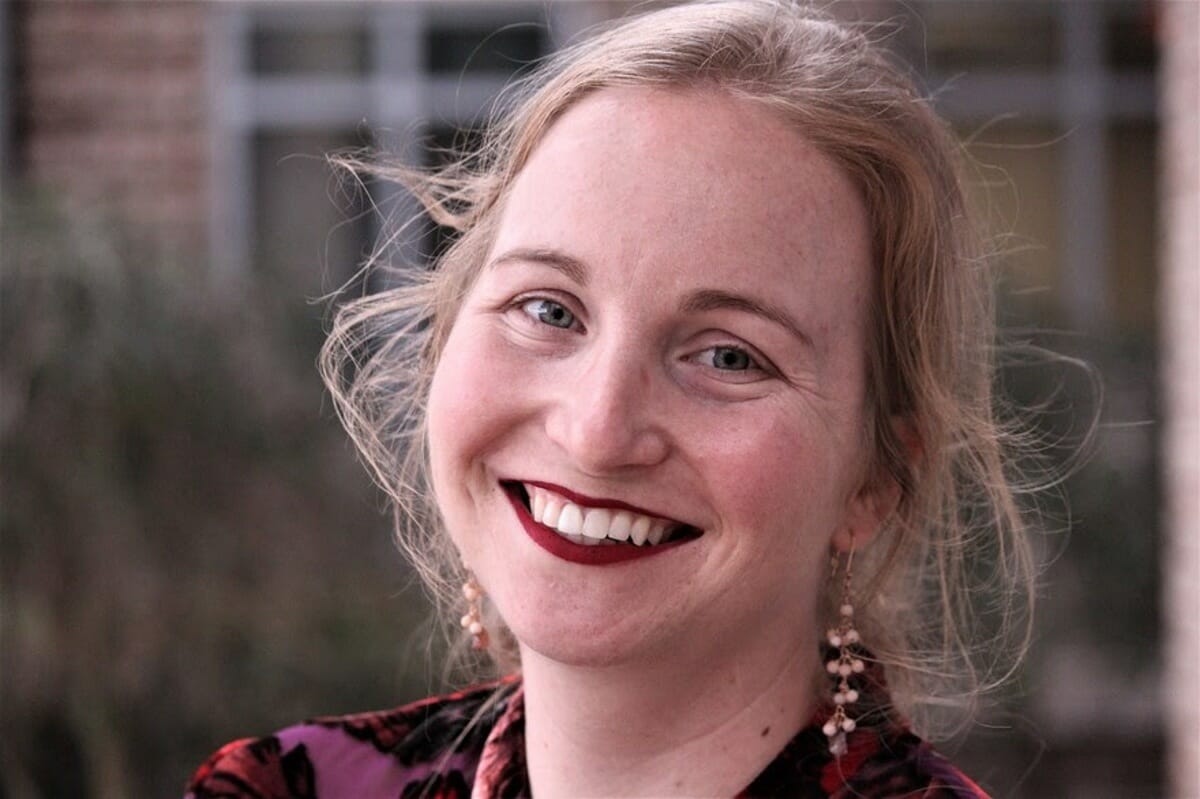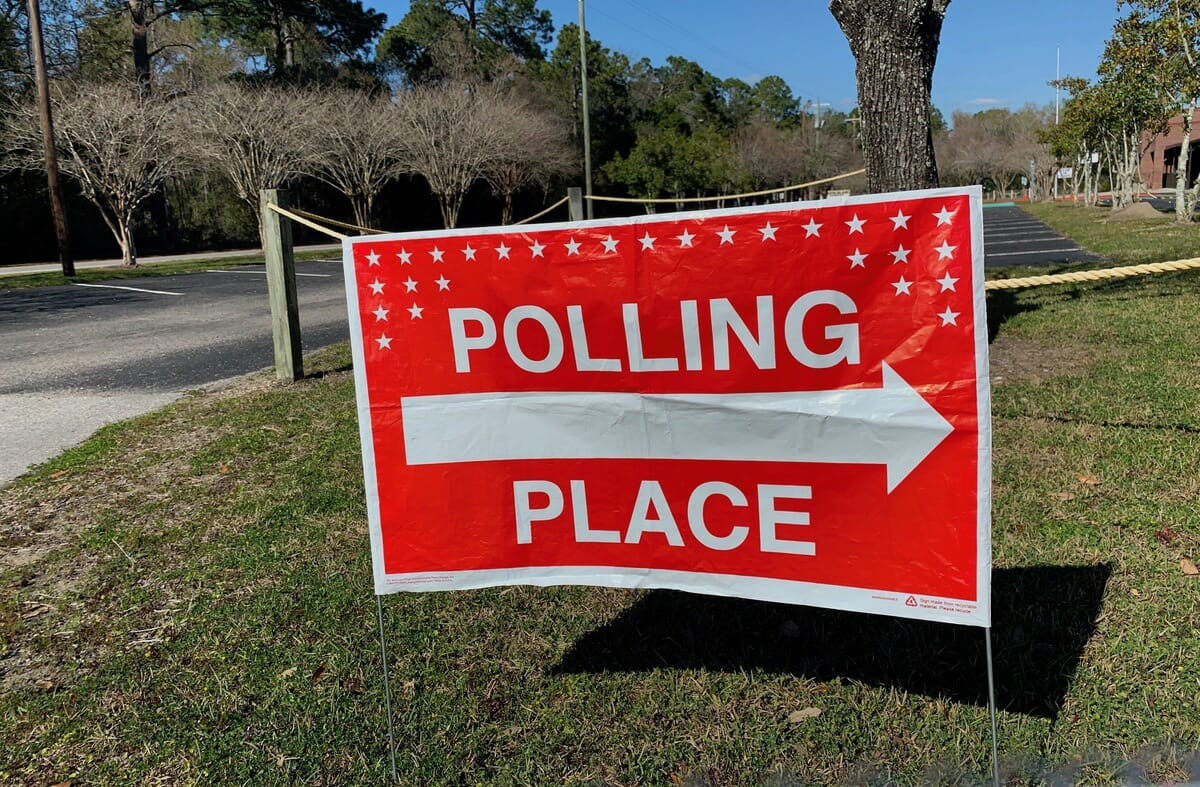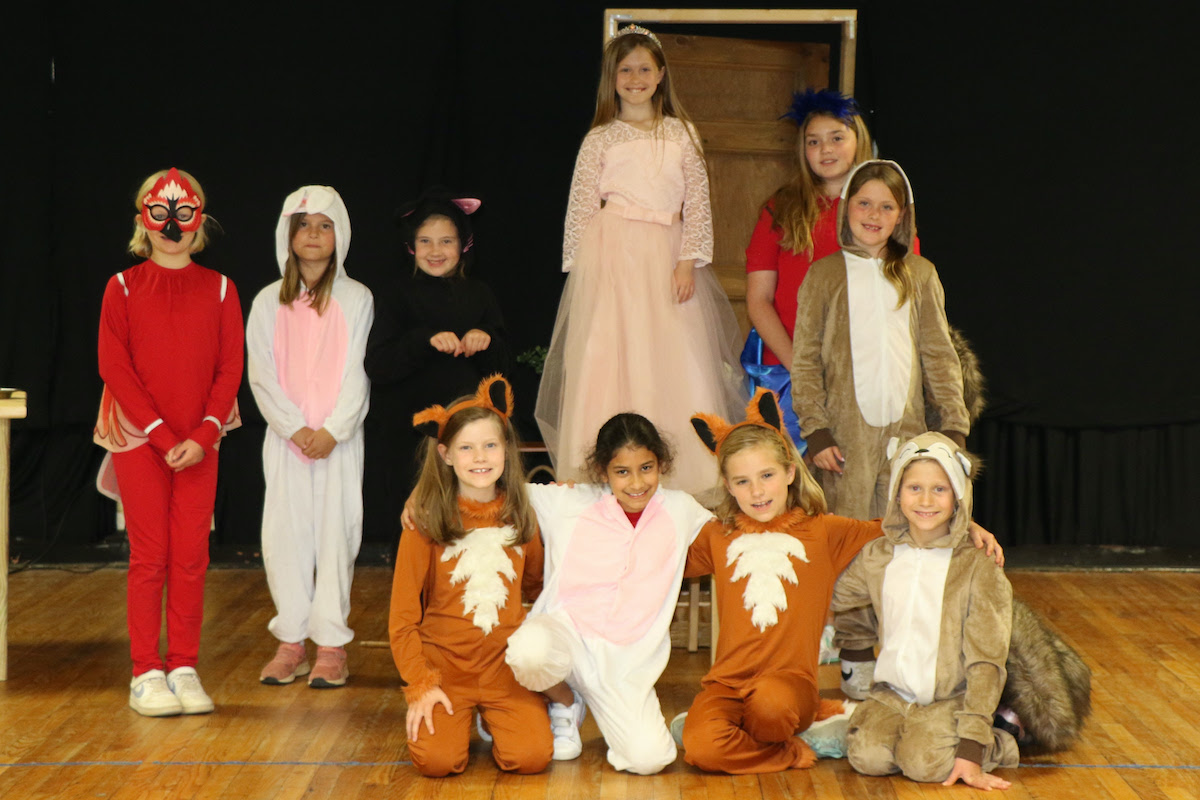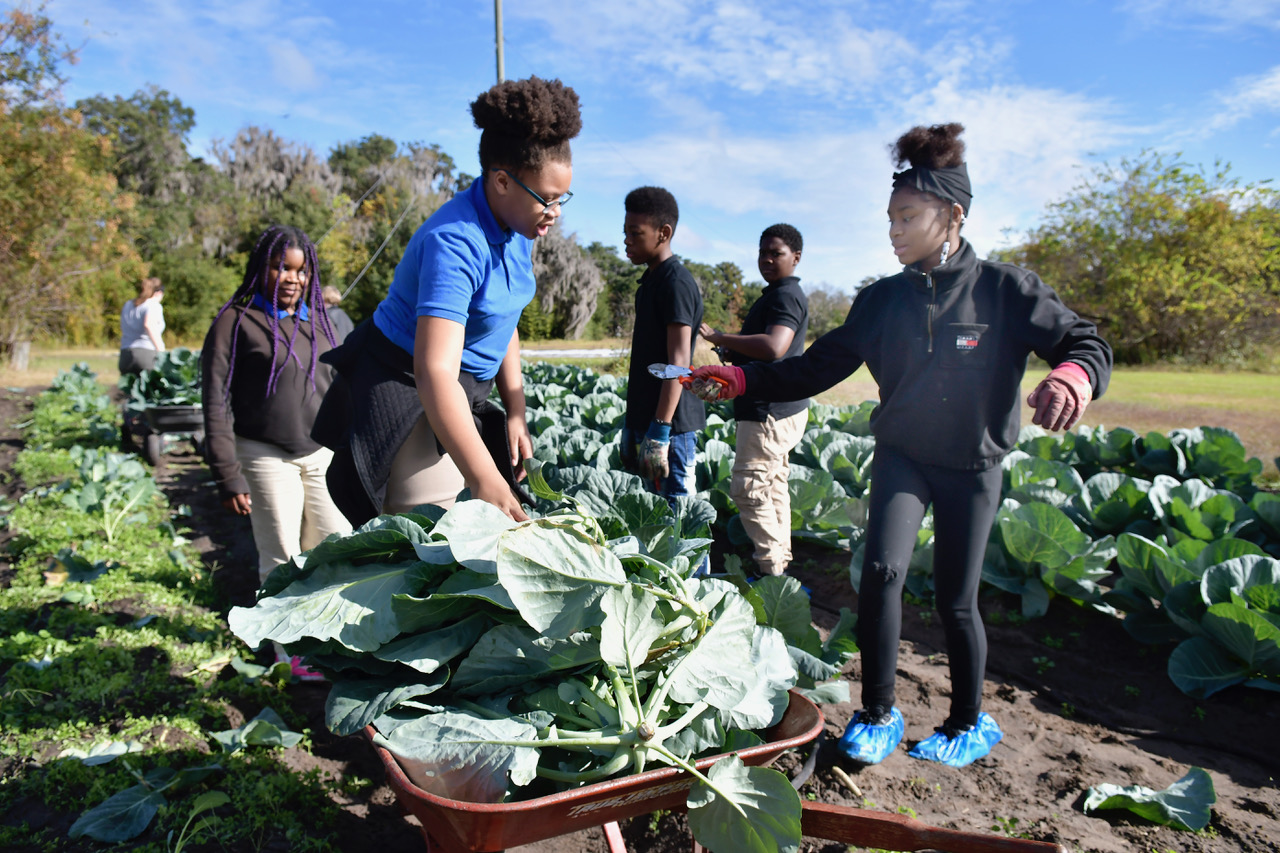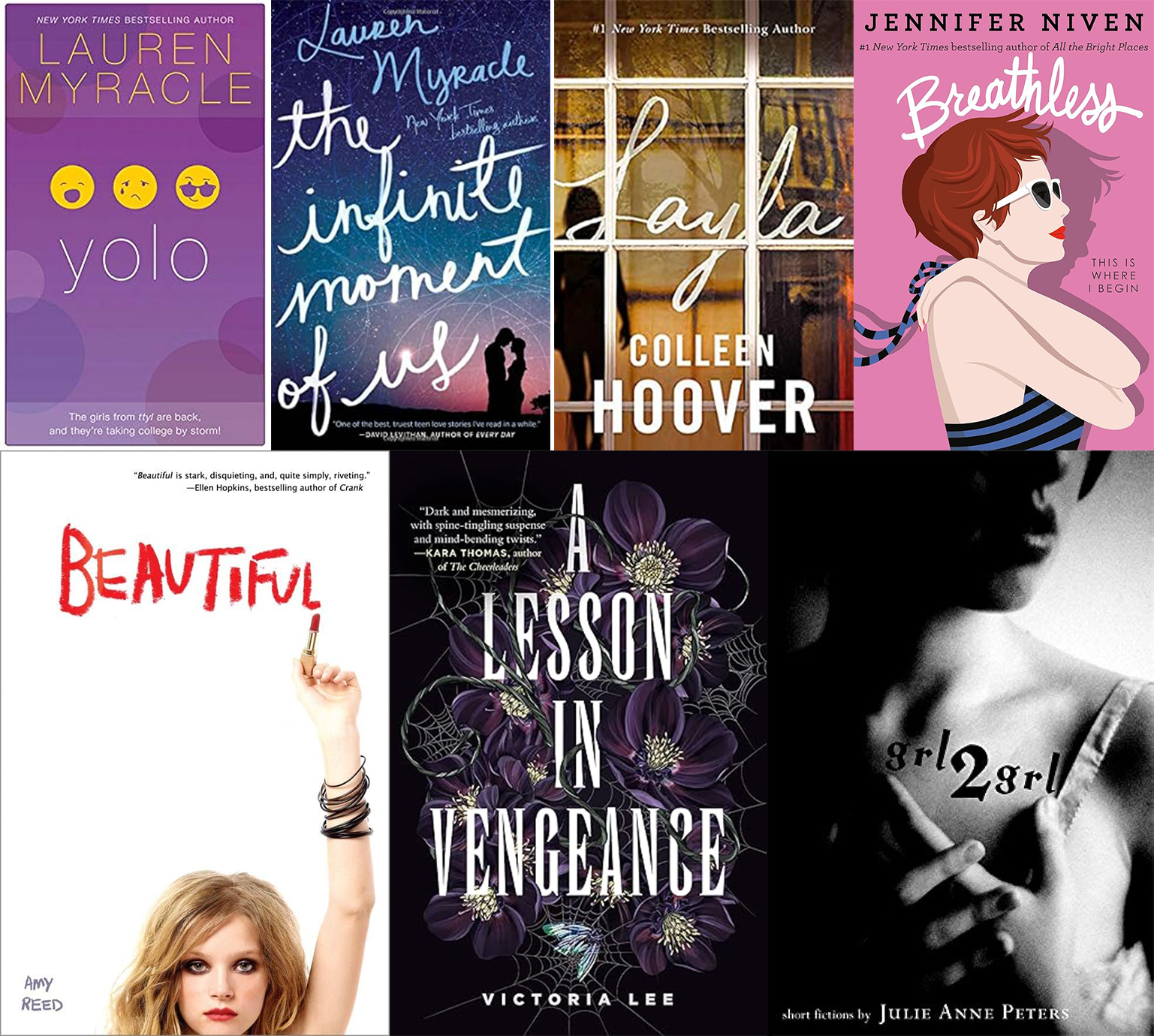Theodora (Tedi) Light, a senior at the University of South Carolina Beaufort, has been named a semifinalist in the 2020-21 Fulbright U.S. Student Program competition. She is the first USCB student to be so honored in the university’s history.
The Fulbright U.S. Student Program is the largest exchange program in the U.S. It provides grants for research, study and teaching opportunities at international universities in 140 countries.
A nontraditional student and double major, Light is on track to graduate from USCB with a Bachelor of Arts in History and Spanish in May. She enrolled at USCB in the spring of 2017 and carried a workload of 18 credit hours each semester until her senior year. She also took classes during the summer.
If she receives a Fulbright grant, Light will spend next year studying and conducting research at the University of Seville and at the General Archives of the Indies of Seville, in Spain. Her research interests involve what she describes as an overlap of indigenous slavery (of Indians) and African slavery by early Spanish settlers in the land called La Florida in the 16th century.
Beginning in the mid-1500s, early Spanish settlers made their way from the tip of Florida to what is now Virginia purchasing Indigenous slaves from the tribes they encountered along the way.
“They were here to take indigenous slaves — Indians — back to their established colonies in the Caribbean,” Light said in a release. “And to do that, they brought African slaves with them.”
Light has applied to graduate school programs at six universities — Harvard, Michigan, University of North Carolina at Chapel Hill, Vanderbilt, University of Georgia and Emory University. When she earns a doctorate, she intends to work in public history, ideally in a museum. She devotes what little spare time she has now to her work at the Santa Elena History Center in Beaufort.
“I consider myself a public historian,” Light said, “which is one of the things that shaped where I applied to graduate school, particularly Harvard. The person I want to work with is a public historian.”
As her research progresses, Light will narrow her focus on either indigenous-based slavery or African-based slavery, both at the hands of the Spanish.
Fulbright program officials will begin notifying finalists on a rolling basis in the spring. Graduate schools will also be making decisions on admittance between now and June.
Fulbright recipients work, live with and learn from the people they encounter in the host country. The Fulbright program promotes cultural exchange through direct interaction on an individual basis in the classroom, the field, the home and in the simple chore of performing routine tasks. The goal is to gain a better understanding of other viewpoints and beliefs.
Light and her husband, Carl, live in Beaufort with their dog and two cats.


